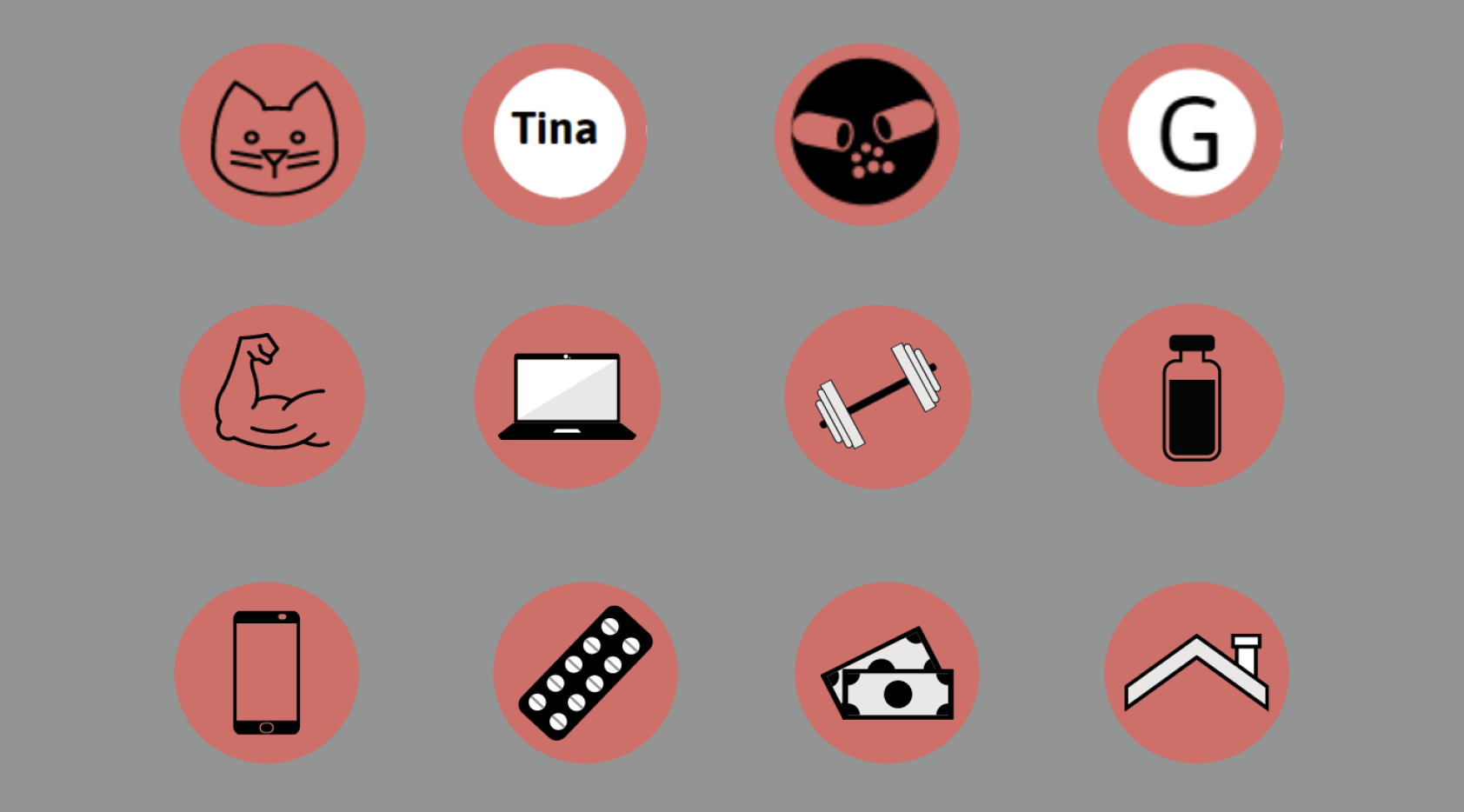 A new report that identifies specific risks and informational needs of certain ‘at-risk’ groups in Scotland has been published today by Scottish Drugs Forum.
A new report that identifies specific risks and informational needs of certain ‘at-risk’ groups in Scotland has been published today by Scottish Drugs Forum.
The Scottish Government-funded report presents research that was carried out with particular at-risk populations who engage transactional sex, chemsex, or the use of image and performance enhancing drugs (IPEDs), with the aim of identifying specific risks in terms of drug use and sexual health, treatment and information needs.
The study also carried out research with frontline services to determine what workers need to know in order to support these populations effectively.
As a result of the findings, information and training resources and programmes have been developed to ensure the workforce and service providers working with these groups are fully trained and equipped to support service users with their sexual health, blood borne virus (BBV) and harm reduction needs.
Adrienne Hannah, Leader of SDF’s Harm Reduction, Sexual Health and Blood-Borne Viruses Team, said:
“Although the three at-risk groups are quite distinct, the information being sought and the purpose of seeking that information is the same.
“Previous to the research, it was clear that there were significant gaps in both understanding within, and service provision for, each of the target populations. The findings of this report have proved an essential tool for highlighting where training and resources need focused.
“We thank all those who participated and encourage frontline services who support people who use IPEDS, are involved with chemsex, or transactional sex to engage with future resources and training opportunities that have been developed in response to this research so that they can continue to provide the best possible support to members of these groups.”
Key points of the report include:
Chemsex
- The role of pleasure in chemsex was something clearly identified by participants and therefore services which are focused on harms may not be appealing.
- Risk taking behaviours particularly around HIV and reduced condom use as well as increased reliance on PrEP were evident.
- Issues of lack of consent are particularly concerning as there were reports of serious sexual assaults which could be more violent and prolonged due to the effects of the drugs used.
- Difficulty accessing specialist counselling and long waiting lists were identified across interviews and focus groups.
- A variety of information needs for service users was evident, ranging from information about the drugs used, dosage advice and overdose guidance to information on harms and consequences for people who experience more problematic use, as well as sexually transmitted infections (STIs) and BBVs.
IPEDS
- Very controlled behaviour is required for the training and diet that goes along with the gym and IPED use scene.
- The occurrence of injecting injuries highlighted a need for more information on safer injecting techniques. Service providers should not assume IPED users know what they are doing when injecting as they may be following inappropriate advice.
- Specialist clinics provide exactly what IPED users wants: hormone tests, advice on safe cycle usage, preventative measures to reduce the risk of harm, clean injecting equipment and safe injecting advice.
Transactional sex
- Involvement in transactional sex increased vulnerability to rape and sexual assault and in fact some degree of trauma was widespread amongst all the respondents.
- Trauma was deeply rooted in childhood experiences of abuse by siblings, parents and other family members. Many of the women interviewed had been raped – some multiple times.
- The lack of meaningful relationships in people’s lives was notable. There was also considerable shame associated with transactional sex. The sum of all of these very challenging issues is that women involved in transactional sex can be distrustful and harder to engage than other service users.
- The need for information was evident to protect women from drug related harm and injecting injuries as well as transmission of BBVs and other sexually transmitted infections.
